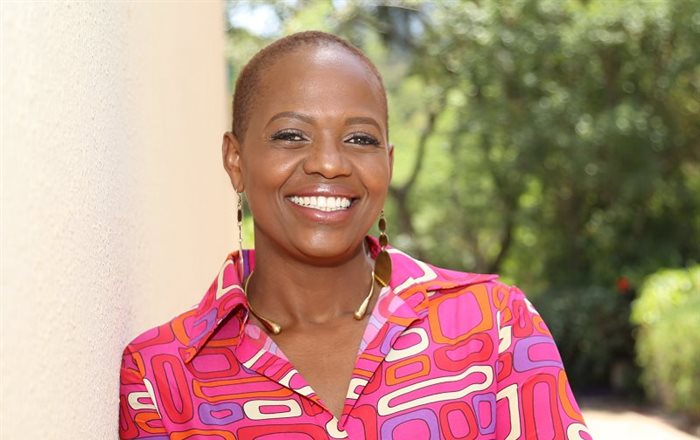By 2025, approximately 75-250 million Africans will lack access to freshwater. This startling statistic was shared by the World Resources Institute's vice president and regional director for Africa, Wanjira Mathai. She was speaking at the African Women Heads of State Initiative on Wednesday, 23 March, looking at solutions for a water-secure future on the continent.

Wanjira Mathai, vice president and regional director for Africa, World Resources Institute
She outlined four factors driving water insecurity in Africa: rapid urbanisation, the state of water management in African cities, rising water demand, and climate change.
"50% to 80% of urban populations in Africa simply don't have access to safe drinking water or water for sanitation. One of the main reasons is the growing settlements, growing quickly and informally ahead of any service and infrastructure provision," she said.
When it comes to water resource management, a patchwork of formal and informal services exists in Africa's cities, usually comprising boreholes, water vendors, and pit latrines, she noted, serving a growing population of low-income residents.
Mathai also warned that demand for water is projected to grow 300-fold over the next 10 years, adding even greater pressure on scarce supply. And climate change is predicted to throw a further spanner in the works with devastating droughts and floods impacting the continent.
Strengthening water resilience
"We have to work with our states and cities to strengthen water resilience in cities and protect watershed areas upstream," she said.
We've got to work in supportive, collaborative regional, cross-sectoral ways to bring about water security.
Mathai highlighted
The Nature Conservancy's Water Fund - a finance mechanism that brings stakeholders together to pool their water investment - as one model that's showing early success in African cities.
"The fund brings together downstream users, like businesses and cities, together with upstream conservation efforts, and so results in less downstream damage. And the fund is paid for by those who are using it. This is happening already in Nairobi, in Cape Town, and in Freetown," she noted.
Supporting the integrity, sustainable use of nature
Mathai said that future water security will ultimately depend on the integrity and sustainable use of nature, and this will require us to adopt an all-of-society paradigm. "We have to do four things," she said.
We have to produce, protect, reduce and restore.
Firstly, we need to pay greater attention to how our food is produced as agriculture is encroaching on forests and watershed areas. The second element entails providing Africa's remaining forests with permanent protection. "The mighty Congo remains the healthiest lung on the planet - let's keep it that way," Mathai said. We also need to reduce our impact on farmland and how we produce food, as well as manage food loss and waste.
African Forest Landscape Restoration Initiative
Lastly, the continent needs to restore its forests. Africa, she noted, has the largest forest restoration potential in the world at 750 million hectares, and the African Forest Landscape Restoration Initiative (AFR100) is assisting greatly in this endeavour. AFR100 aims to bring 100 million hectares of deforested and degraded landscapes across Africa into restoration by 2030. To date, 30 African nations have signed onto AFR100 and committed a combined 126 million hectares of land to be restored.
"Let's produce, protect, reduce and restore to ensure Africa's water security," Mathai said, concluding her talk.
Hosted by Coca-Cola Africa in partnership with Africa.com and faculty from Harvard Law School, the African Women Heads of State Initiative was held in honour of International Women’s Month.




























